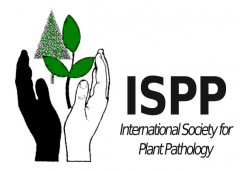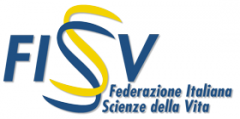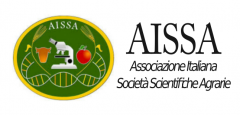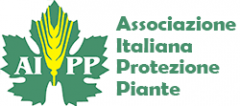THE INSTITUTIONAL ROLE IN CROP PROTECTION
B. Faraglia
doi: 10.4454/jpp.v98i4sup.3780
Abstract:
The importance of propagating materials intended for planting of a crop, is shown through their quality and is a stra- tegically important element in developing a quality agricultural production, sustainable and able to help provide to the end user the safety requirements that today are requested.
Plant protection products for protection of plants and fertilizers, complete the key framework to a viable agricultural production both under the quantitative and qualitative profile.
At the same time agricultural productions are conditioned by the spread of harmful organisms in the national terri- tory, and the phytosanitary status of the production areas is increasingly a characteristic element of competitiveness of production, especially in the international context where the reduction of phytosanitary barriers plays a strategic role in creating new market opportunities.
In this context, the National Phytosanitary Service plays a central role by intervening in various areas of production of technical means for agriculture, both in terms of monitoring of production cycles and imports, and also by providing guidelines on the most appropriate means of production, as well as contributing to the registration systems and certifica- tion of propagating materials and seeds for the safeguarding of the users.
The recent amendment of the regulatory framework, with the introduction of a European standard of certification, the review of the European plant health regime, the new legislation on fertilizers and the new European approach to the institutional controls, requires a restructuring of the organization at the national level and offers a good opportunity for the full valorization of our productive system.
Proper organization of the agricultural sector requires a close interconnection between all stakeholders and a good level of coordination of the activities of each subject. The recent establishment of the permanent Working Group for the protection of plants, will allow public authorities, research organizations, universities, representatives of Regions, industry associations and agricultural organizations to meet and share a collective approach to manage the entire sector.




